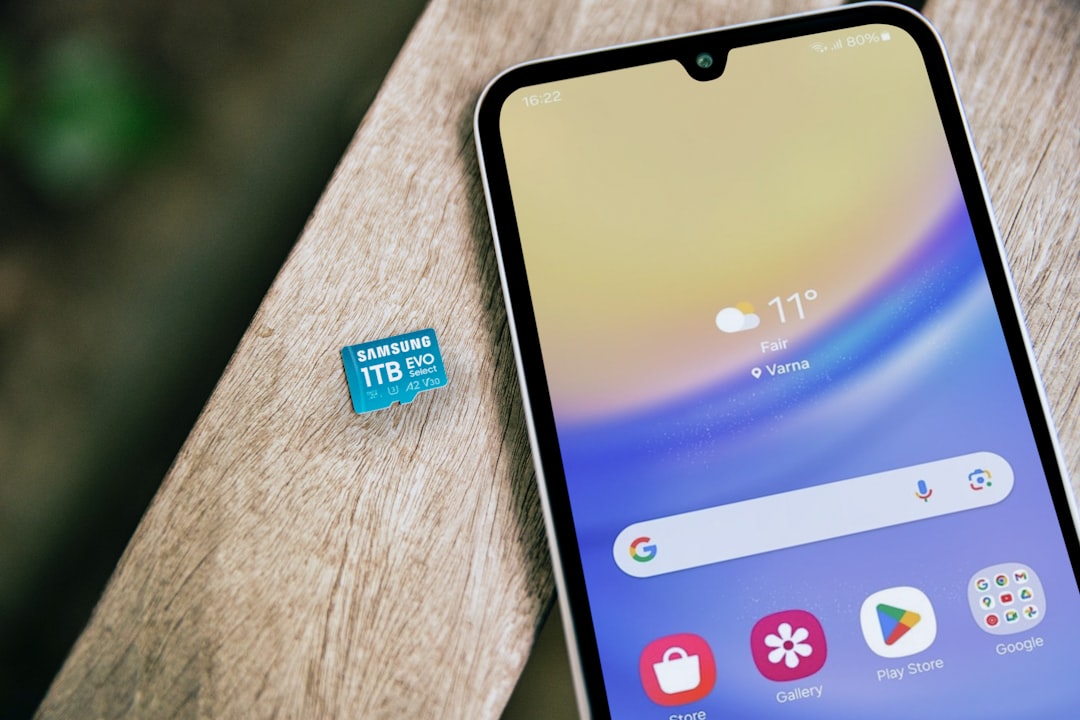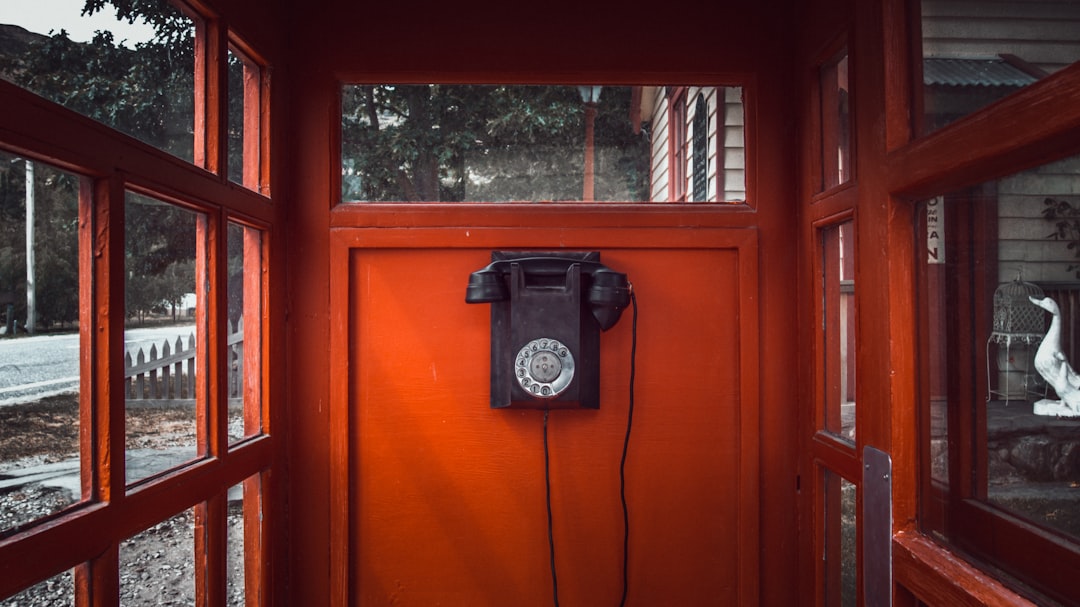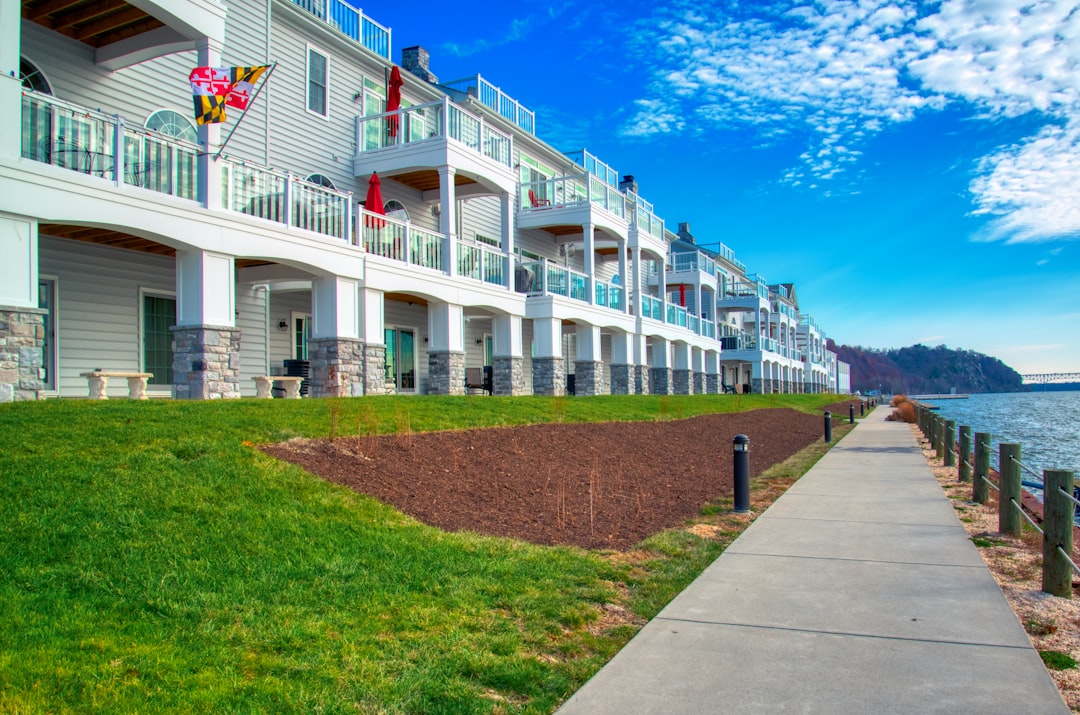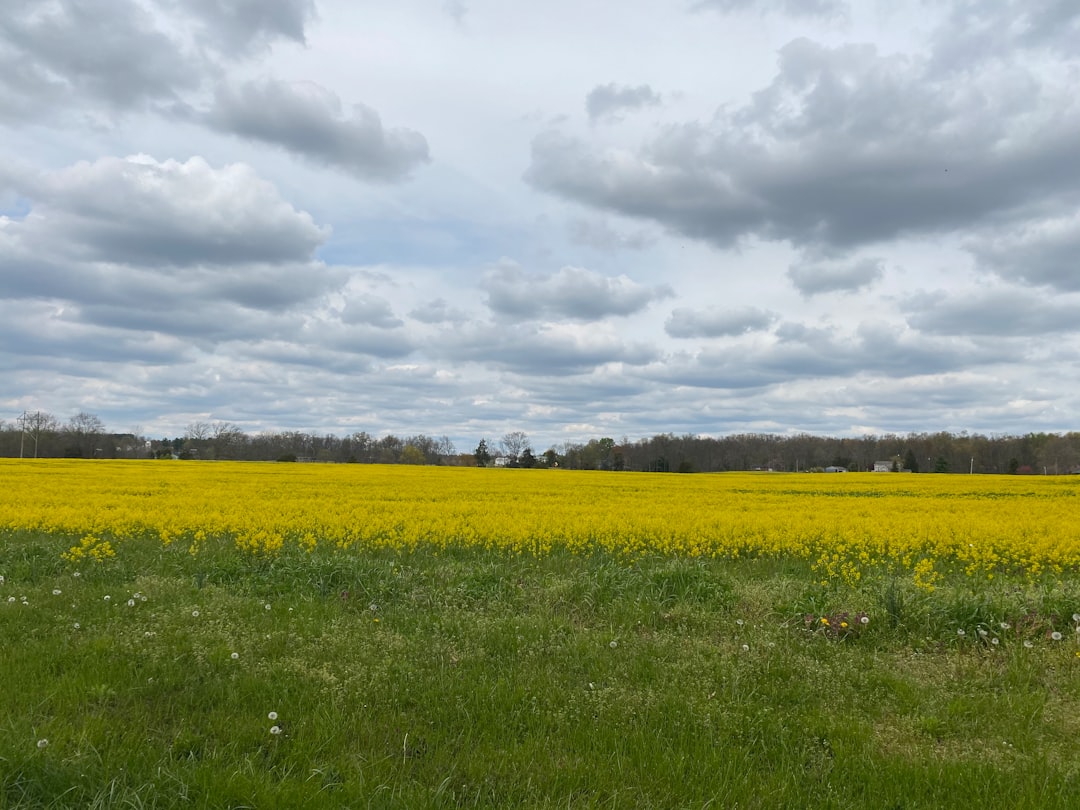Spam calls, driven by automated dialers, are on the rise in Maryland, affecting tourists and residents alike. To combat this issue, it's crucial to understand effective strategies like registering for the National Do Not Call Registry, using spam-blocking apps, and empowering both locals and visitors with knowledge. Local authorities, tourism boards, and telecom companies must partner to implement call filtering systems, redirect or silence unwanted calls, and promote anti-spam technologies. By combining consumer education, stringent regulations, and advanced call blocking, Maryland can protect its tourism industry, foster a positive visitor experience, and safeguard the state's economic interests, effectively stopping spam calls in Maryland.
Spam calls, a persistent nuisance, have emerged as a significant challenge for Maryland’s tourism industry. This article delves into the far-reaching implications of unwanted phone spam on Maryland’s economic landscape, particularly its thriving tourism sector. We explore the scope and frequency of spam calls in the state, their financial impact on businesses and visitors, and present effective strategies to combat this growing problem. By examining collaborative efforts, we uncover potential solutions to enhance Maryland’s tourist experience and ensure a vibrant industry future. Learn how to stop spam calls in Maryland for a better, safer tourism environment.
Understanding the Scope of Spam Calls in Maryland

Spam calls, or unwanted telemarketing calls, are a persistent issue across Maryland, affecting both residents and visitors alike. In recent years, the volume of spam calls has surged, with many operations employing automated dialers to make millions of calls daily, often targeting specific areas like tourist hotspots. Maryland’s tourism industry, known for its diverse attractions, from vibrant cities to scenic coastal towns, faces a unique challenge in addressing this growing problem.
To mitigate the impact, it’s crucial to understand how to stop spam calls Maryland. Residents and tourists can take several proactive steps, including registering for the National Do Not Call Registry and utilizing apps that block or identify spam calls. Additionally, local authorities and tourism boards can collaborate with telecom companies to implement filters and systems that automatically redirect or silence such calls, ensuring a more enjoyable experience for visitors and a quieter environment for Marylanders.
The Economic Impact on Maryland's Tourism Sector
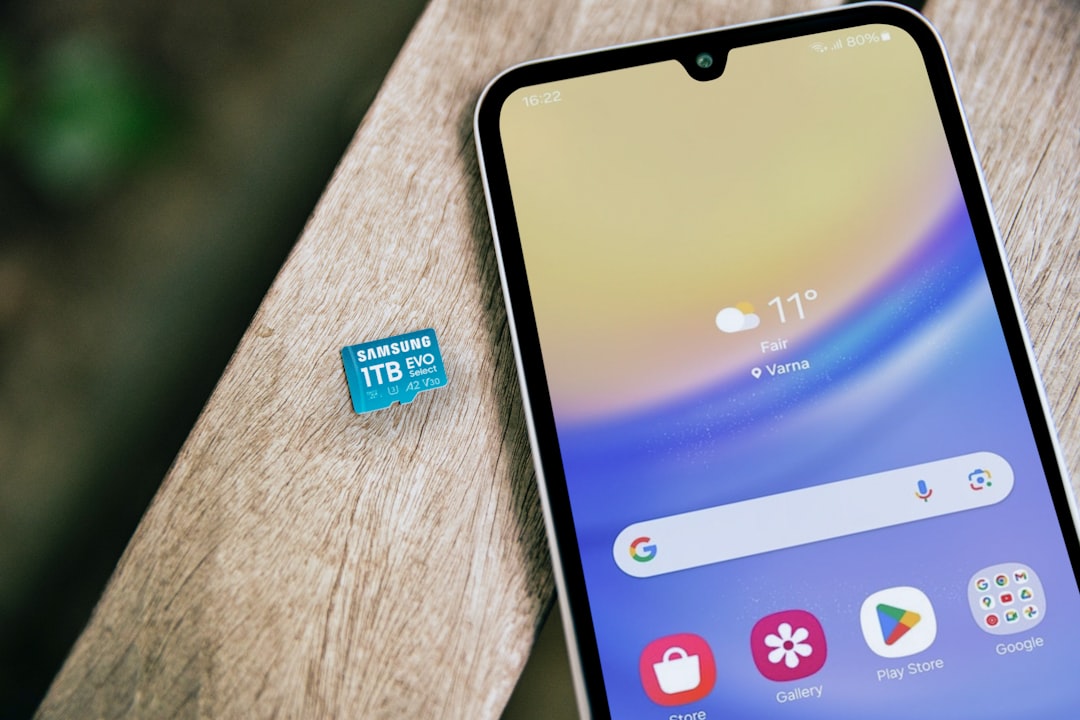
The economic impact of spam calls on Maryland’s tourism industry cannot be overlooked, especially as a significant portion of the state’s economy relies on attracting visitors from across the country and around the world. Unwanted phone calls, often promoting dubious services or products, can leave tourists feeling frustrated and put them off exploring Maryland’s beautiful landscapes, historic cities, and vibrant cultural offerings. This, in turn, could result in reduced spending at local businesses, from accommodation providers to restaurants and souvenir shops.
To mitigate these negative effects, it’s essential to educate both locals and visitors on how to stop spam calls Maryland. Implementing robust anti-spam measures, such as consumer education, stricter regulations, and advanced call blocking technologies, can help create a more welcoming environment for tourists while ensuring the longevity and prosperity of Maryland’s tourism sector.
Strategies to Combat and Reduce Spam Calls

To combat and reduce spam calls, individuals in Maryland can employ several effective strategies. One approach is to register on the state’s Do Not Call list, which restricts unsolicited calls from telemarketers. This simple step can significantly minimize the number of unwanted calls received. Additionally, utilizing call-blocking apps or software that automatically filters out known spammer numbers is another powerful method. Many of these tools learn and adapt to block new spammers as they emerge.
Educating oneself about recognizing spam calls is crucial. Learning the typical patterns and tricks used by spammers can help in spotting and avoiding suspicious calls. Reporting spam calls to the Federal Trade Commission (FTC) is also recommended, as it assists in tracking and penalizing offenders. By combining these strategies, Maryland residents and tourism industry stakeholders can effectively reduce the impact of spam calls, ensuring a more enjoyable experience for visitors.
Collaborative Efforts: A Way Forward for Maryland's Tourism Industry

Collaborative efforts are essential for Maryland’s tourism industry to combat the growing issue of spam calls and protect its reputation. By joining forces, local businesses, government agencies, and telecommunications providers can develop comprehensive strategies to mitigate this problem. One effective approach is to encourage the adoption of anti-spam technologies and practices among tourists and locals alike. This includes educating people on how to identify and block spam calls, as well as implementing robust filtering systems in hotels, restaurants, and other tourist hotspots.
Additionally, Maryland can lead by example by establishing strict regulations and incentives for telecommunications companies to enhance their spam call detection and prevention mechanisms. By fostering a collaborative environment, the state can ensure that its tourism industry remains vibrant and welcoming, providing visitors with a positive experience free from pesky spam calls. Learning how to stop spam calls in Maryland is not just about protecting consumers; it’s about preserving the state’s unique charm and fostering sustainable growth in its vital tourism sector.
